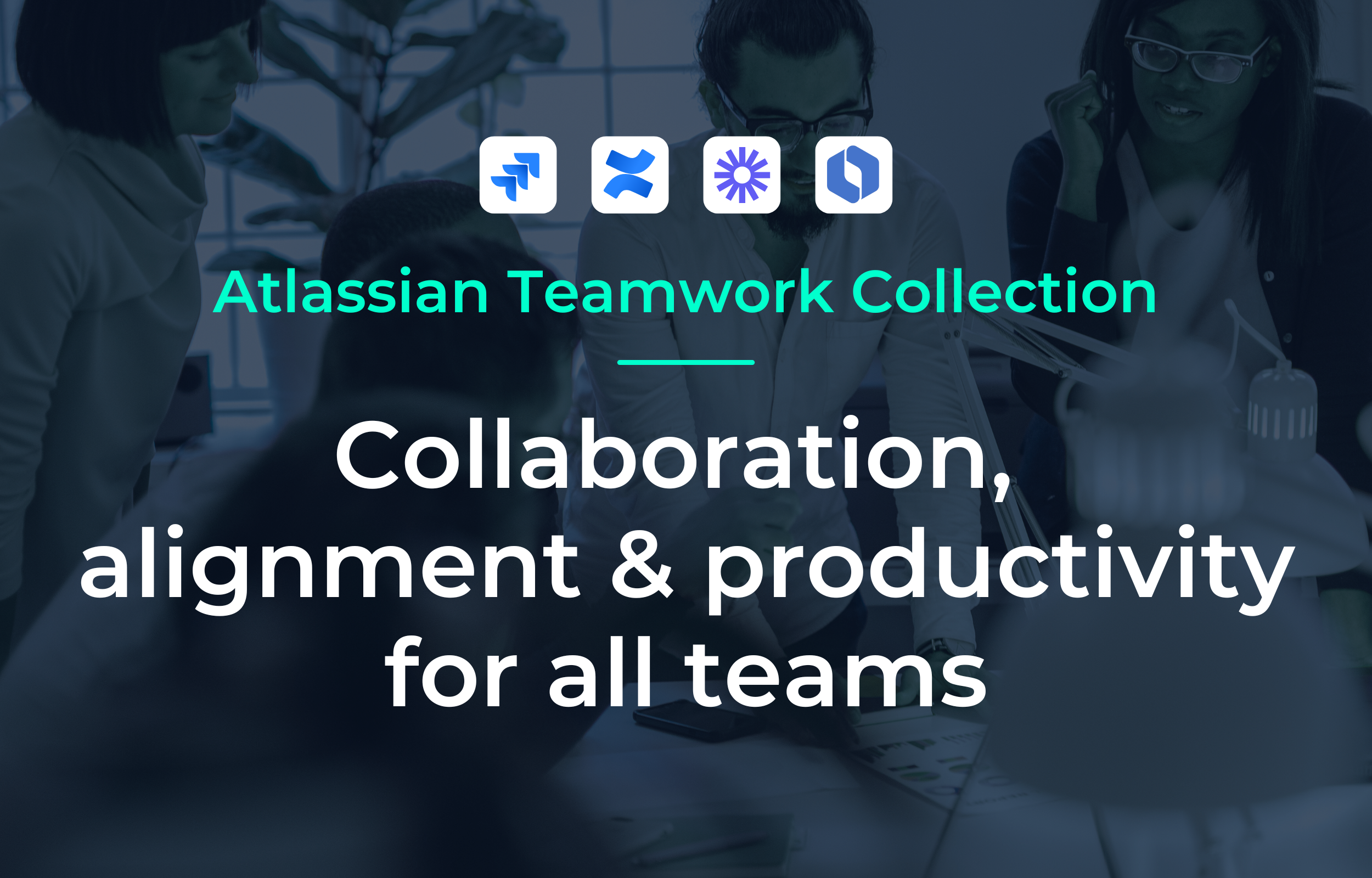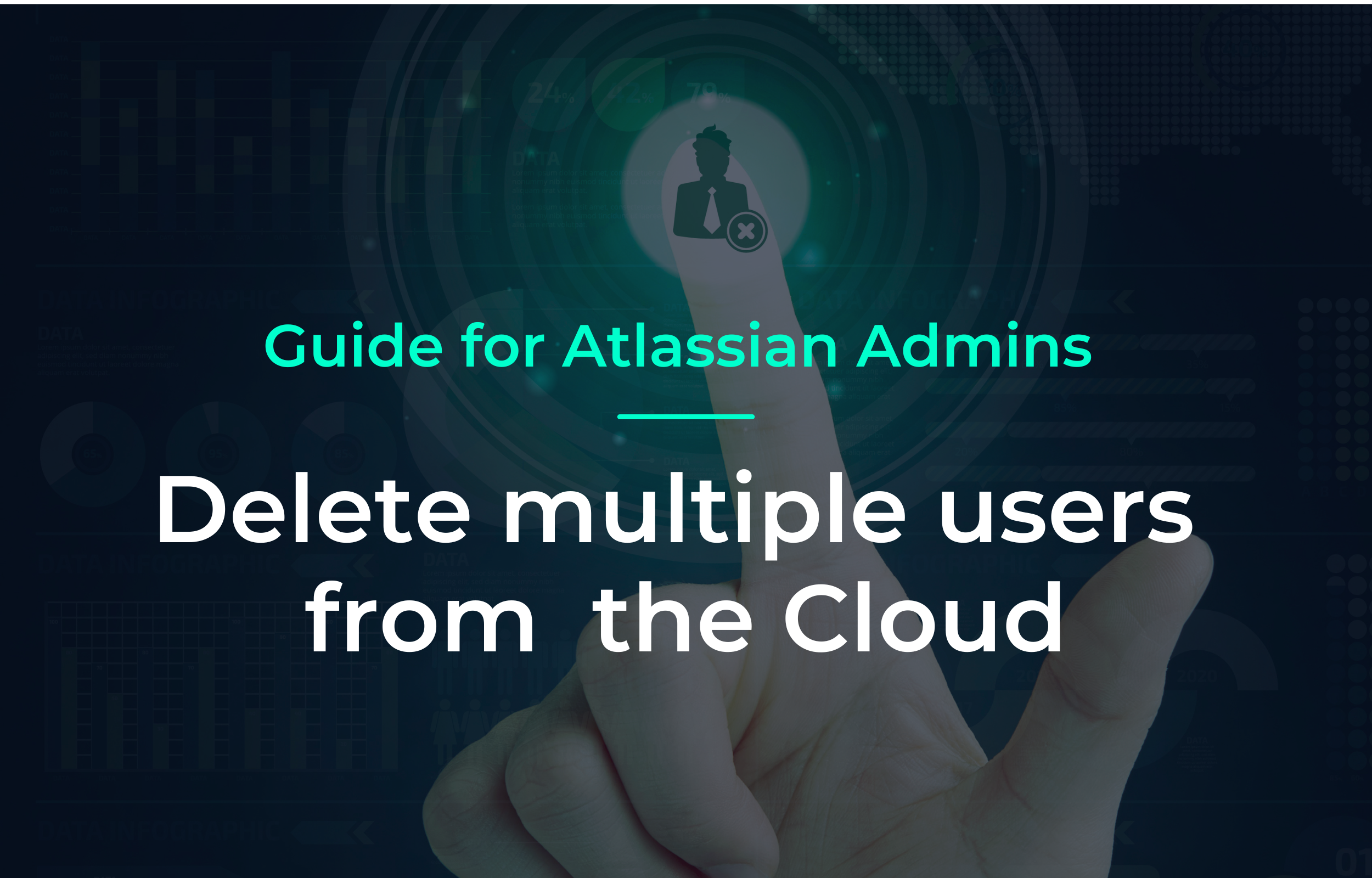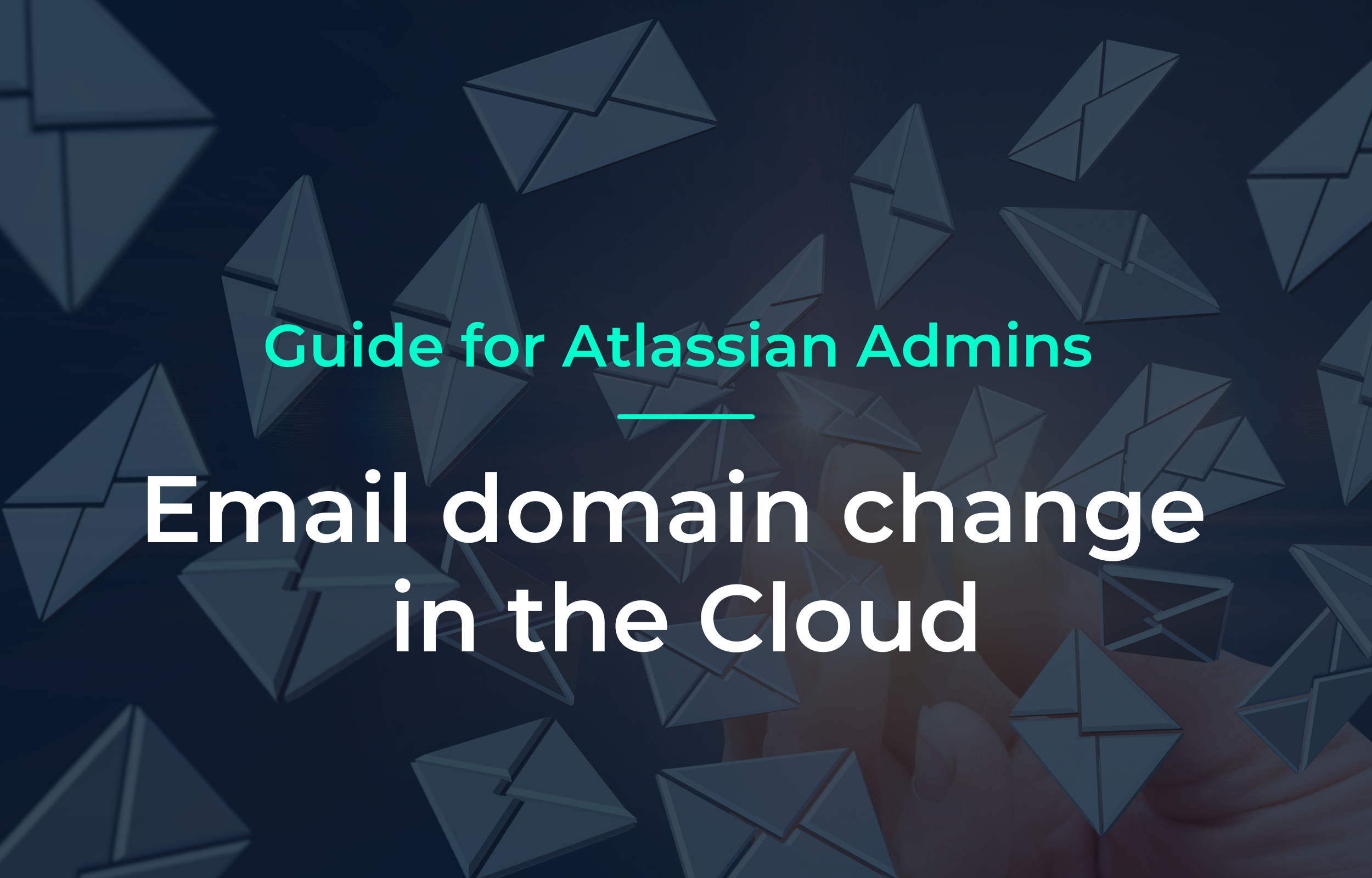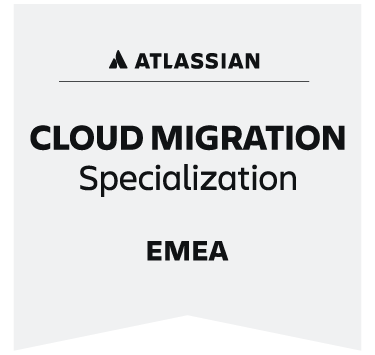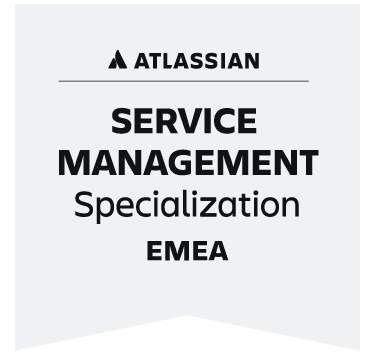Relax, one of the smartest people of all time once said: "Smart people don't always know the answer to a question, they know where to find it." Albert Einstein had to consult a phone book to find out his own phone number. Don't relax too much, however, because there are some BUTs related to knowledge in modern times. You have to be able to find it; it has to be understandable; and actually, the biggest BUT of all: Someone has to provide it!
Also available as podcast
What is Knowledge?
Let's start off with this most important question, actually the hardest one. Now, when you're reading this blog post, you're actually converting data elements (letters) into data. Maybe you are on our website, clicked on a link, perhaps followed an invitation email because you might be interested in Atlassian products. You're already reading this data in a specific context which gives you information. We translate data elements into data and finally into information. But what about knowledge? This is where it gets hard. As you're reading all this information in a particular context, you process all your experiences, hunches, values, feelings, skills which give you personal knowledge about this text. So knowledge is always and at all times something totally individual and absolutely different for everyone.
And knowledge management?
Ok now that we know what knowledge is - let's answer the next question. Let's keep in mind how complex knowledge is and keep this answer rather short. Knowledge management is all about preparing employees' knowledge for all colleagues and making it usable.
This includes six main areas:
Identification → What is knowledge?
Transfer → Passing on and receiving knowledge from one to another?
Appropriation → How can the user obtain the knowledge?
Storage → How can knowledge be stored and kept up to date?
Development → How can new knowledge be created from existing knowledge?
knowledge application → Conversion to skill!
To put it all in a nutshell: Knowledge Management means organizing all of these topics and transforming this into measurable outcomes for the company and improving team work for each employee.
And let's not forget: According to our first answered question, employees' knowledge is the most important asset of a company!
But how should you do this?
This seems like a big mountain to climb, right? But no worries - it's all about teamwork and getting started. Get the right tools to help you, then you and your team will see improvements really fast. Let me show you how to get the first steps in Knowledge Management with Atlassian Confluence.
Identification
Keep it super simple
Just start! Stop overthinking about to structuring, every content, everyone who needs to be involved - get a team together and get started. Confluence gives you the opportunity to easily restructure spaces, sites and all your content. You can work together on pages and you will see how fast individual knowledge transforms to company knowledge!
Use templates
Not sure how to get started with your page? Confluence gives several templates to choose from. Again: You don't have to reinvent something that already exists! Use an existing template and customize it for your needs or just get inspired.
Search and you will find what you were looking for

Coming back to Albert Einstein: Search! Of course Confluence gives a lot more comfortable options to search for content/people/tags etc. than any phone book ????.
Transfer & Acquisition
Sharing is Caring
Are people always calling you to ask the same questions? Have you prepared your knowledge for your colleagues and don't know how to give it to them? Not sure if everyone got all the super important notes the team worked on last week?
Stop worrying about this: Try this → Share your Sites, Meeting Notes and Blog Posts and start a new way of working together. This way it doesn't matter if you are in the same timezone as your colleagues.
(Tip: You can also watch spaces or sites you find interesting and will never miss a thing again.)
Multimedia
Remember when we talked about how individual knowledge is? With Confluence, you have the opportunity to prepare your content in multiple media to ease the acquisition of knowledge by your team.
Storage and document management
Structure
Wait - didn't she say we need no structure? Yes and no. Get yourself away from old school thinking of document management systems - try some new ways using labels, for example. Of course you have to get similar topics together in one space. You need experts who are responsible for their topics. Why? See next point.
Gardening
You and your team worked a lot on your knowledge management, great! But now it's like when you have a garden. You have a lot of plants and vegetables, some are still growing and some are withered. Now you need experts or responsible people who once in a while walk through the garden and have a look to see if everything is still green, if all the plants have enough water and so on. It's easy to check out version history changes in Confluence.
(Tip: This is also a great tool if you did a mistake like deleting something and have to restore the page without contacting IT ????)
Development & Application
Enablement
As already mentioned in Identification, when you and your colleagues work together on a topic, you will sooner or later see how the knowledge of each individual grows together. This enables the team finding new solutions and opens new doors. For this it's great to link other solutions to Confluence like Jira and Trello.
Link everything together
Creating more and more spaces and knowledge bases will create a network of topics - but this will only work when you and your team link everything together! That means e.g. an article about a software solution has to link to the finished product, all meeting notes, the development process, problems that were on the way and so on.
When you see all of these areas of Knowledge Management - the interaction of the components will give the user the possibility to use knowledge and ultimately convert it into skills. Of course it's not easy, but getting started, having a great team and the right partner will prepare you for this awesome journey. Everyone always starts small ????!
Want to try Confluence and see for yourself? Here's a link to get started with the free cloud version of Confluence: To the Confluence Cloud








